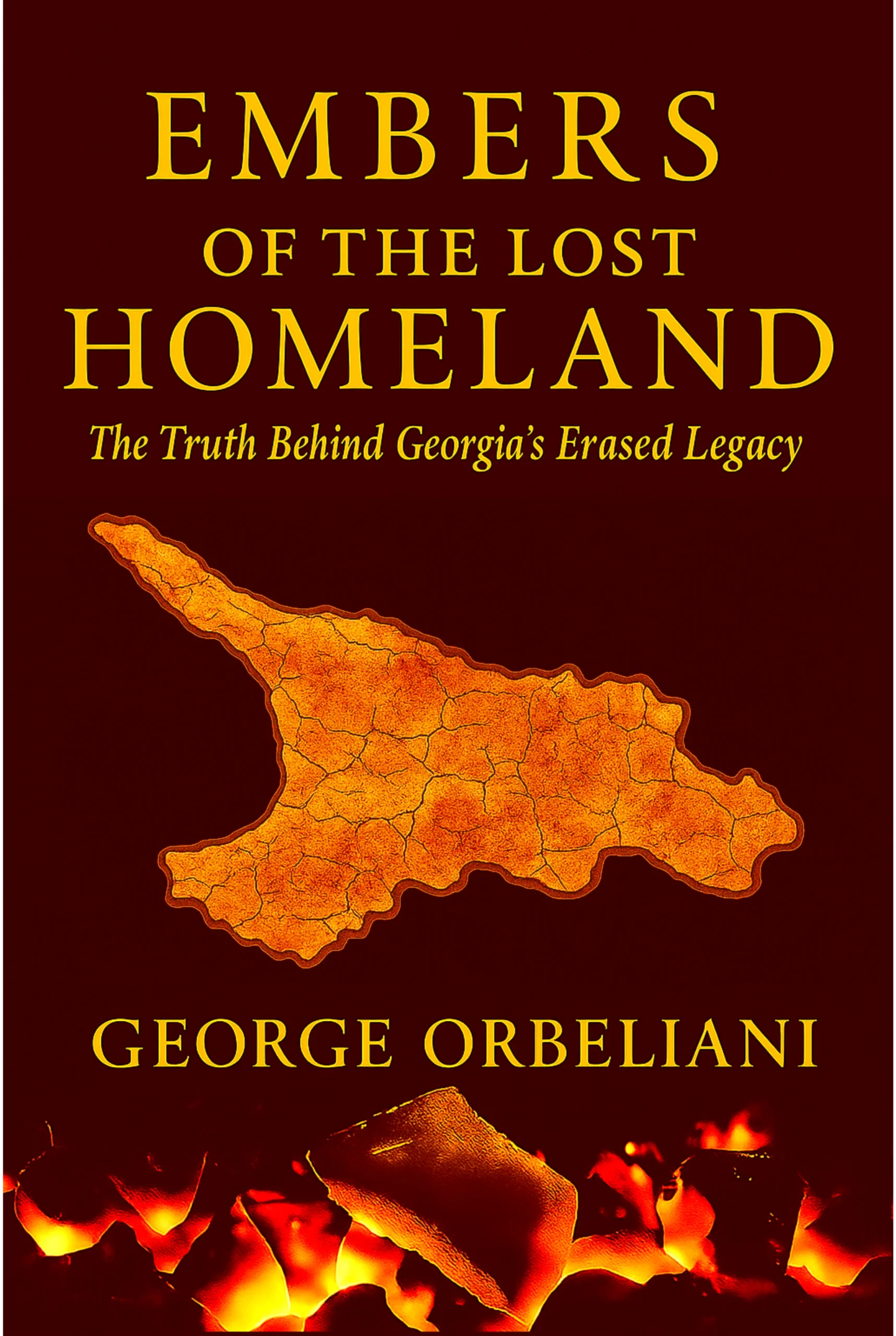
Embers of the Lost Homeland: The Truth Behind Georgia’s Erased Legacy
The forthcoming book is a rigorously researched interdisciplinary study blending history, politics, and international relations. It offers a groundbreaking reinterpretation of Georgia’s independence, territorial integrity, and post-Soviet democratic transition through the lens of great power rivalry in the South Caucasus and Black Sea region. At the same time, it provides a penetrating examination of how propaganda, indoctrination, moral shortcomings, and ideological bargains have contributed to the erosion of national sovereignty. It aims to uncover suppressed truths and elucidate obscured realities surrounding Georgia’s historical legacy by exposing Russian- and Turkish-driven disinformation and geopolitical maneuvers, along with the domestic fifth columnist treachery, Western diplomatic passiveness, and policy inappropriateness that have jeopardized the nation’s statehood and geopolitical orientation while undermining Western values and strategic interests in the South Caucasus. Drawing on comprehensive archival research, declassified documents, diplomatic correspondence, and interdisciplinary analysis, the book reveals previously unknown, overlooked, or intentionally obscured facts that played a crucial role not only in shaping Georgia’s troubled trajectory but also in contributing to the broader failure of democratic governance across the post-Soviet space. It illuminates Georgia’s modern history in a fundamentally novel perspective—refuting entrenched myths and exposing the strategic, ideological, and moral compromises that undermined the restoration of the nation’s historical legacy, cultivated anti-Western sentiment, facilitated pro-Russian realignment, and paved the way for the emergence and consolidation of authoritarian regimes.
The book contextualizes Georgia’s path within a sweeping historical framework, encompassing its brief independence (1918–1921); the subsequent Bolshevik invasion, “Red” Terror and Stalinist purges of the 1920s–30s; the Kremlin’s covert entanglements with the Georgian government-in-exile; shifting geopolitical dynamics before and after World War II; Cold War diplomacy and evolving U.S. foreign policy toward the Soviet Union, shaped by Containment, Détente, and Rollback; struggle for power in the Kremlin; the Soviet crisis and the illusion of Perestroika; dissolution of the Soviet Union and turbulent period of regaining independence; Kremlin-orchestrated political upheavals during the post-Soviet transition; and the present-day authoritarian resurgence exemplified by Moscow-backed proxy regimes.
Current Status
The book is currently in progress. Inquiries regarding academic collaboration, research dialogue, or publication interest are warmly welcome.
